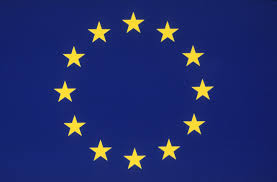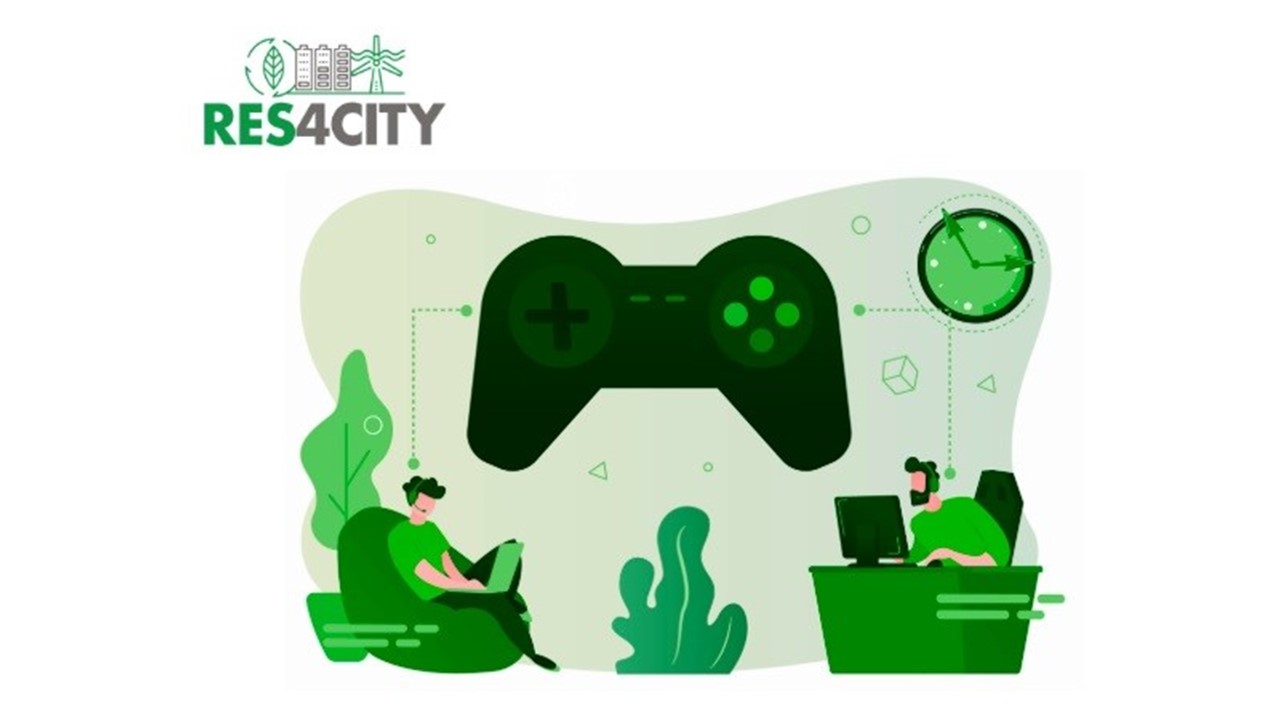RES4CITY project will address the skills gap that is slowing the EU’s green transition
An innovative €2.5 million education project funded by the European Commission through the Horizon Europe Programme, aims to address the skills gap that is slowing our transition to sustainable energy.
The RES4CITY project led by Maynooth University’s School of Business will create a suite of education programmes and tools providing inclusive opportunities for all learners to develop skills in renewable energy systems, fuel technologies, and sustainability. RES4CITY aims to ensure that education systems are at the core of the green transition. The team will co-design a suite of micro-credential programmes targeting Science, Technology, Engineering and Mathematics (STEM) and non-STEM graduates, as well as professionals wishing to re-skill from a wide variety of industries and diverse career paths. These micro- credentials will meet needs and priorities of businesses, public institutions and citizens.
The project aims to address a projected EU skills shortage in the renewable energy sector, which has the potential to create 38 million jobs by 2030, and 43 million jobs by 2050. RES4CITY’s education programme will be designed by a multi-disciplinary group of partners across European academia, industry, and NGOs with expertise in energy management, renewable energy systems, renewable fuel technologies and the development and implementation of sustainability strategy design.
The project brings together 17 partners across eight countries, namely Maynooth University and Tipperary Energy Agency in Ireland, University of Genoa, University of Sassari, and Artemat in Italy, University of Coimbra in Portugal, Polytechnic University of Valencia in Spain, the Danish Technical University in Denmark, the University of Grenoble Alpes and Three o’clock in France, WiTEC and Halmstad University in SWEDEN, and Finnova Viaregio in Belgium along with the United Nations Institute for Training and Research (UNITAR) and Global Hope Network International on Switzerland.
The project focuses on urban contexts, as most of the EU population is concentrated in cities, where the consumption of resources has been steadily increasing. By addressing knowledge, attitudes and skills, the RES4CITY researchers expect to empower society to grasp new opportunities and face the challenges posed by a fast-changing and digital world.








